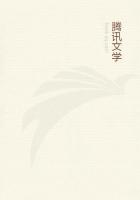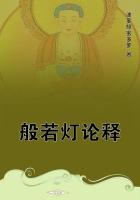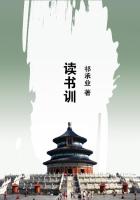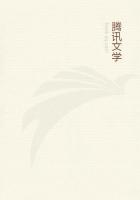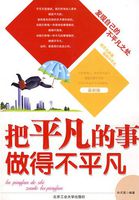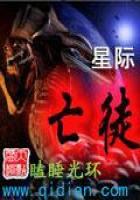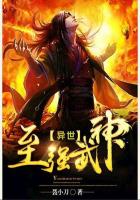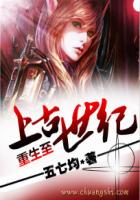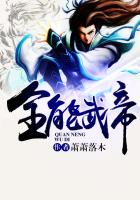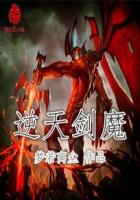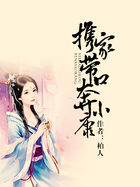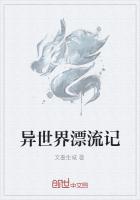In the first days of 1776 independence had become a burning question.New England had made up its mind.Virginia was keen for separation, keener even than New England.New York and Pennsylvania long hesitated and Maryland and North Carolina were very lukewarm.Early in 1776 Washington was advocating independence and Greene and other army leaders were of the same mind.Conservative forces delayed the settlement, and at last Virginia, in this as in so many other things taking the lead, instructed its delegates to urge a declaration by Congress of independence.Richard Henry Lee, a member of that honored family which later produced the ablest soldier of the Civil War, moved in Congress on June 7, 1776, that "these United Colonies are, and of right ought to be, Free and Independent States." The preparation of a formal declaration was referred to a committee of which John Adams and Thomas Jefferson were members.It is interesting to note that each of them became President of the United States and that both died on July 4, 1826, the fiftieth anniversary of the Declaration of Independence.Adams related long after that he and Jefferson formed the sub-committee to draft the Declaration and that he urged Jefferson to undertake the task since "you can write ten times better than I can."Jefferson accordingly wrote the paper.Adams was delighted "with its high tone and the flights of Oratory" but he did not approve of the flaming attack on the King, as a tyrant."I never believed," he said, "George to be a tyrant in disposition and in nature." There was, he thought, too much passion for a grave and solemn document.He was, however, the principal speaker in its support.
There is passion in the Declaration from beginning to end, and not the restrained and chastened passion which we find in the great utterances of an American statesman of a later day, Abraham Lincoln.Compared with Lincoln, Jefferson is indeed a mere amateur in the use of words.Lincoln would not have scattered in his utterances overwrought phrases about "death, desolation and tyranny" or talked about pledging "our lives, our fortunes and our sacred honour." He indulged in no "Flights of Oratory." The passion in the Declaration is concentrated against the King.We do not know what were the emotions of George when he read it.We know that many Englishmen thought that it spoke truth.
Exaggerations there are which make the Declaration less than a completely candid document.The King is accused of abolishing English laws in Canada with the intention of "introducing the same absolute rule into these colonies." What had been done in Canada was to let the conquered French retain their own laws--which was not tyranny but magnanimity.Another clause of the Declaration, as Jefferson first wrote it, made George responsible for the slave trade in America with all its horrors and crimes.We may doubt whether that not too enlightened monarch had even more than vaguely heard of the slave trade.This phase of the attack upon him was too much for the slave owners of the South and the slave traders of New England, and the clause was struck out.
Nearly fourscore and ten years later, Abraham Lincoln, at a supreme crisis in the nation's life, told in Independence Hall, Philadelphia, what the Declaration of Independence meant to him.
"I have never," he said, "had a feeling politically which did not spring from the sentiments in the Declaration of Independence";and then he spoke of the sacrifices which the founders of the Republic had made for these principles.He asked, too, what was the idea which had held together the nation thus founded.It was not the breaking away from Great Britain.It was the assertion of human right.We should speak in terms of reverence of a document which became a classic utterance of political right and which inspired Lincoln in his fight to end slavery and to make "Liberty and the pursuit of Happiness" realities for all men.In England the colonists were often taunted with being "rebels." The answer was not wanting that ancestors of those who now cried "rebel" had themselves been rebels a hundred years earlier when their own liberty was at stake.
There were in Congress men who ventured to say that the Declaration was a libel on the government of England; men like John Dickinson of Pennsylvania and John Jay of New York, who feared that the radical elements were moving too fast.
Radicalism, however, was in the saddle, and on the 2d of July the "resolution respecting independency " was adopted.On July 4, 1776, Congress debated and finally adopted the formal Declaration of Independence.The members did not vote individually.The delegates from each colony cast the vote of the colony.Twelve colonies voted for the Declaration.New York alone was silent because its delegates had not been instructed as to their vote, but New York, too, soon fell into line.It was a momentous occasion and was understood to be such.The vote seems to have been reached in the late afternoon.Anxious citizens were waiting in the streets.There was a bell in the State House, and an old ringer waited there for the signal.When there was long delay he is said to have muttered: "They will never do it! they will never do it!" Then came the word, "Ring! Ring!" It is an odd fact that the inscription on the bell, placed there long before the days of the trouble, was from Leviticus: "Proclaim liberty throughout all the land unto all the inhabitants thereof." The bells of Philadelphia rang and cannon boomed.As the news spread there were bonfires and illuminations in all the colonies.On the day after the Declaration the Virginia Convention struck out "O Lord, save the King" from the church service.On the l0th of July Washington, who by this time had moved to New York, paraded the army and had the Declaration read at the head of each brigade.
That evening the statue of King George in New York was laid in the dust.It is a comment on the changes in human fortune that within little more than a year the British had taken Philadelphia, that the clamorous bell had been hid away for safety, and that colonial wiseacres were urging the rescinding of the ill-timed Declaration and the reunion of the British Empire.

